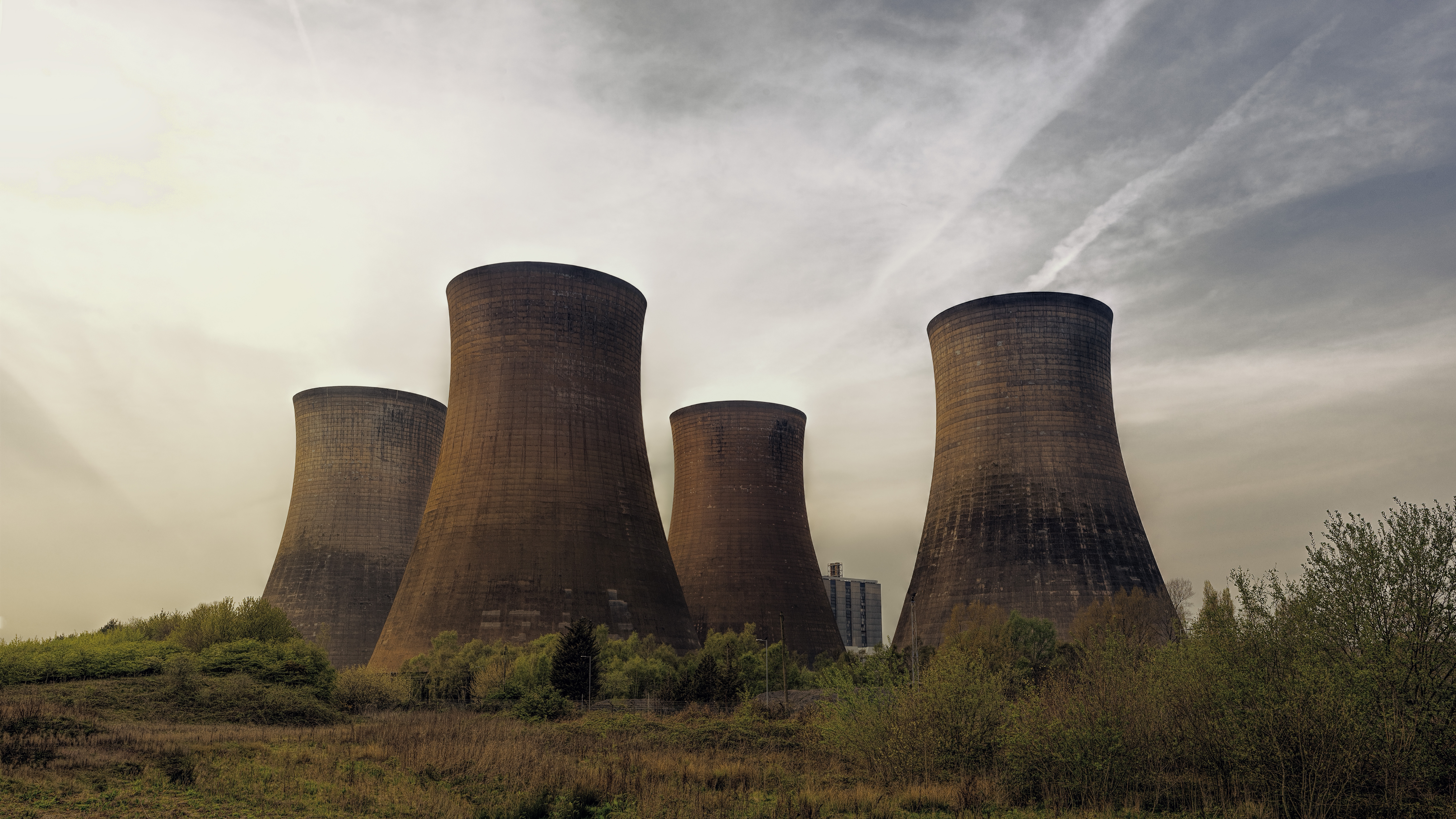Why we shouldn't write off nuclear power
Despite radiation fears, changing to nuclear power could prevent millions of air pollution-associated deaths
Photo by Thomas Millot on Unsplash
After the "scare" near a Canadian nuclear power plant on January 12 which accidently sent a warning text to residents, many people are wondering about nuclear power. Is it safe?
In fact, nuclear power is one of the safest forms of power in terms of health burdens like air pollution. Even when you look at the larger picture of "death rate," nuclear energy is the third safest technology — behind only hydroelectricity and wind. In fact, in one study, it was estimated that the use of nuclear power has prevented about 1.84 million air pollution-related deaths. It has also been estimated, by the same study, that if nuclear power replaces fossil fuels, an additional 420,000 - 7.04 million future air pollution deaths could be prevented.

Photo by Johannes Plenio on Unsplash
And that's just the tip of the iceberg. Nuclear power is one of the most efficient energy systems we have access to — while natural gas or coal power plants operate at full power about 50% of the time, nuclear power plants operate at full power 92.3% of the time.
Now, many people are rightfully concerned about radiation (radioactivity is nothing to joke about). But, believe it or not, nuclear power plants release LESS radiation into the environment than coal power plants. That's right! In fact, the waste by-product produced by one coal power plant (known as fly ash), carries 100 times more radioactivity into the environment than the shielded waste produced by a comparable nuclear power plant.
Now, of course, nuclear power isn't without its drawbacks — the problem of what to do with spent fuel is one of them, and past nuclear disasters may weigh heavily on people's minds. But to write off nuclear power as inherently unsafe or not worth pursuing, overlooks the many advantages it has when compared to coal burning, which has serious consequences in terms of air and water pollution as well as greenhouse gas emissions.


















